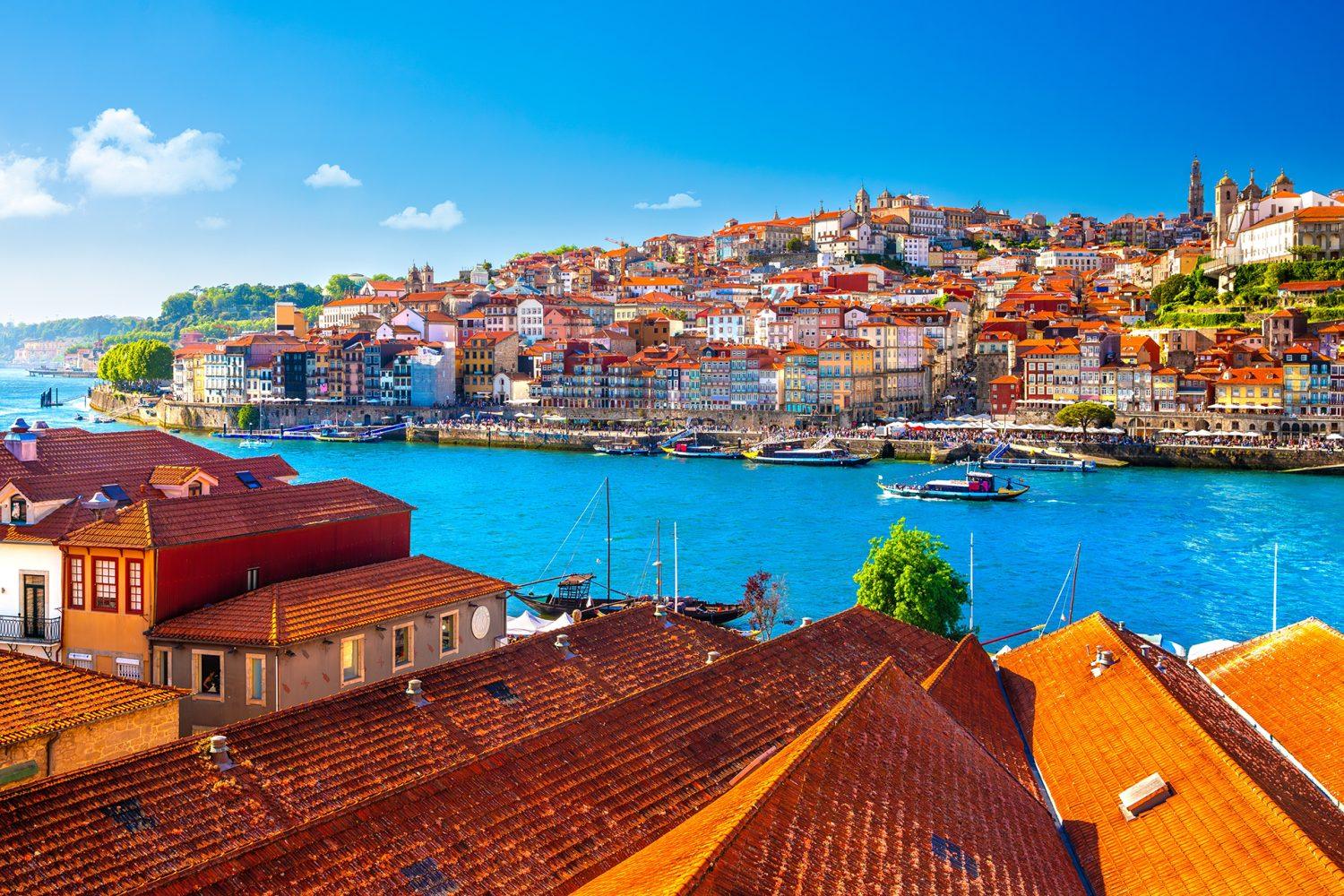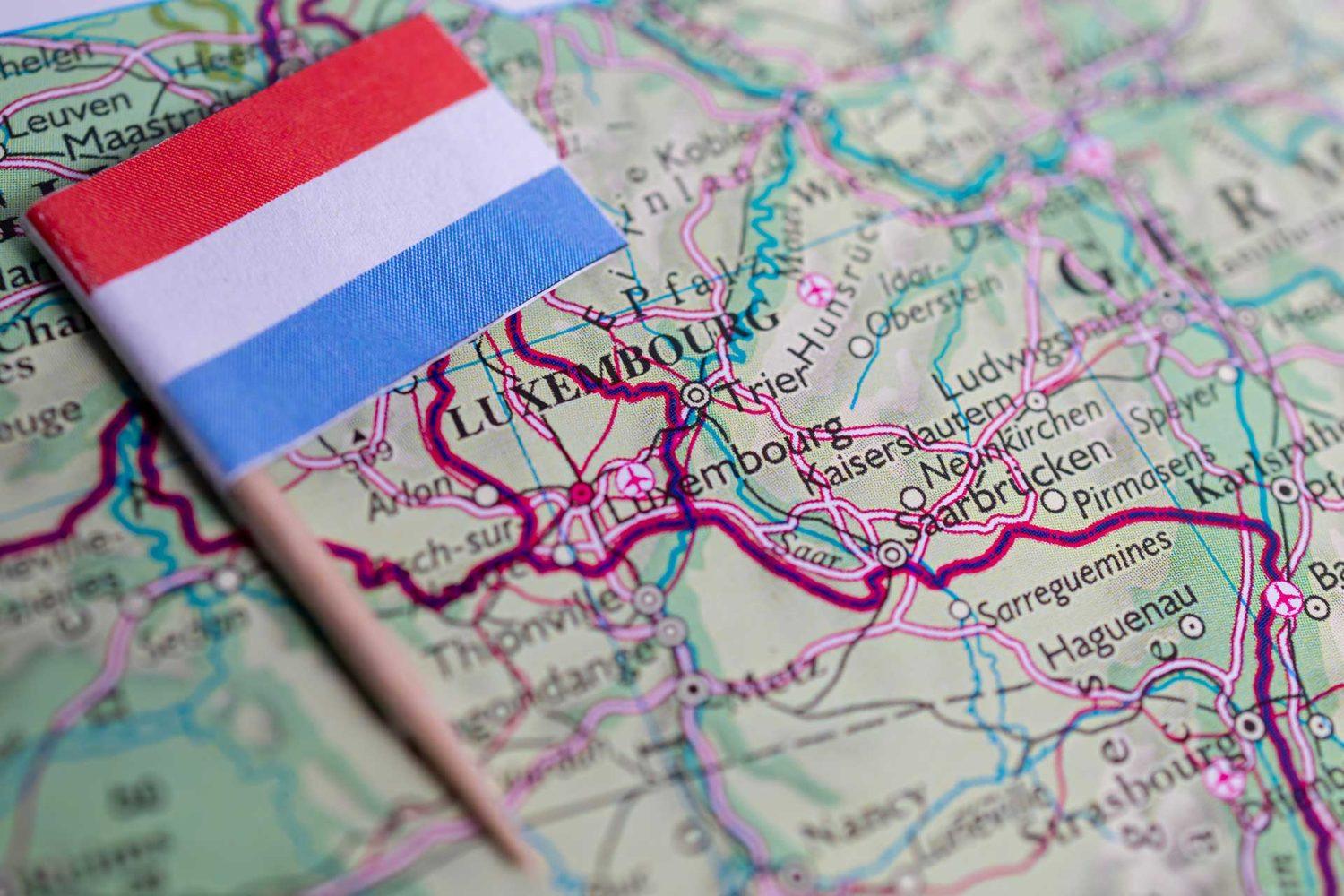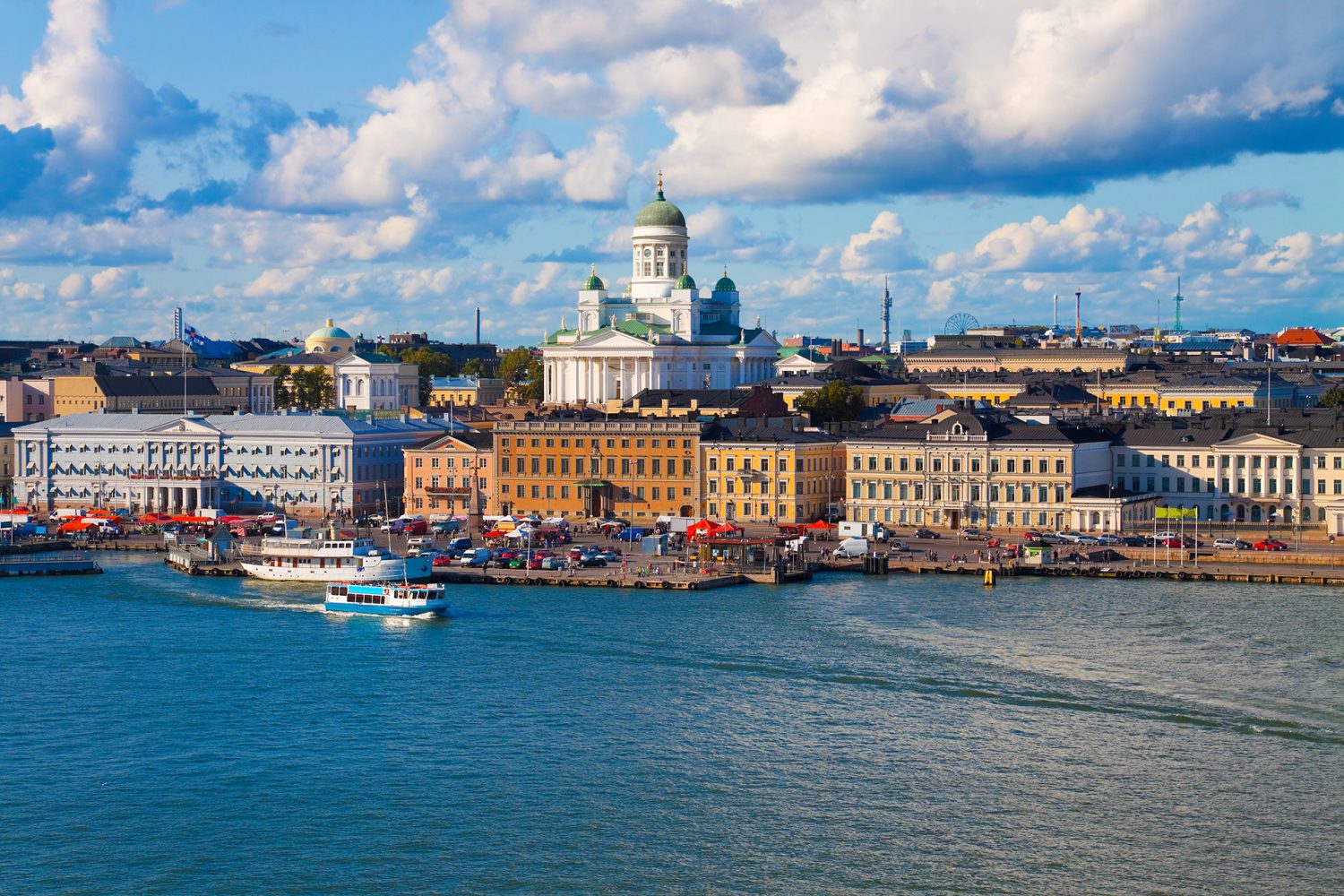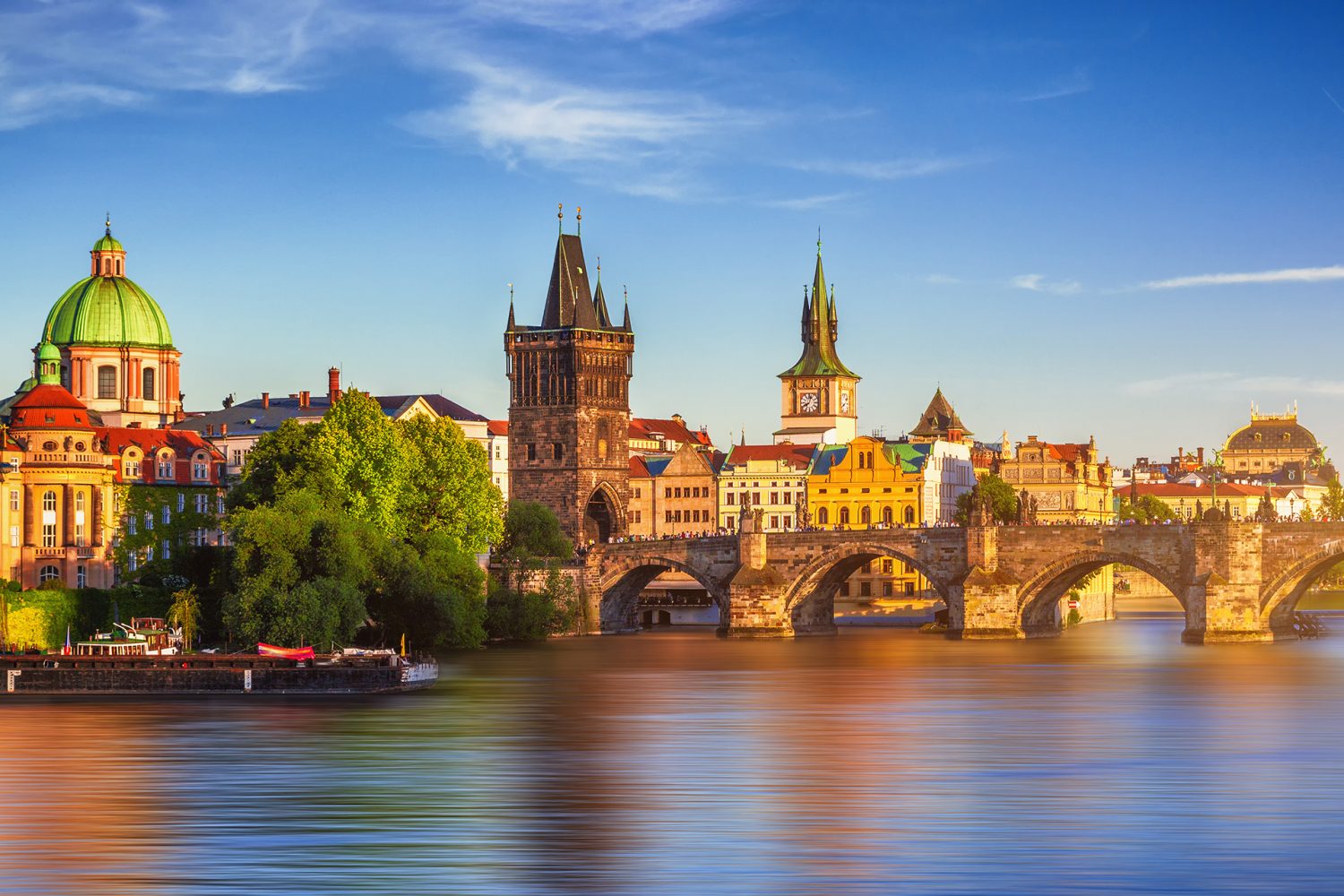
Diana Weber
Lawyer of international law
Rating:
6
January
Immigration to Portugal for Permanent Residency
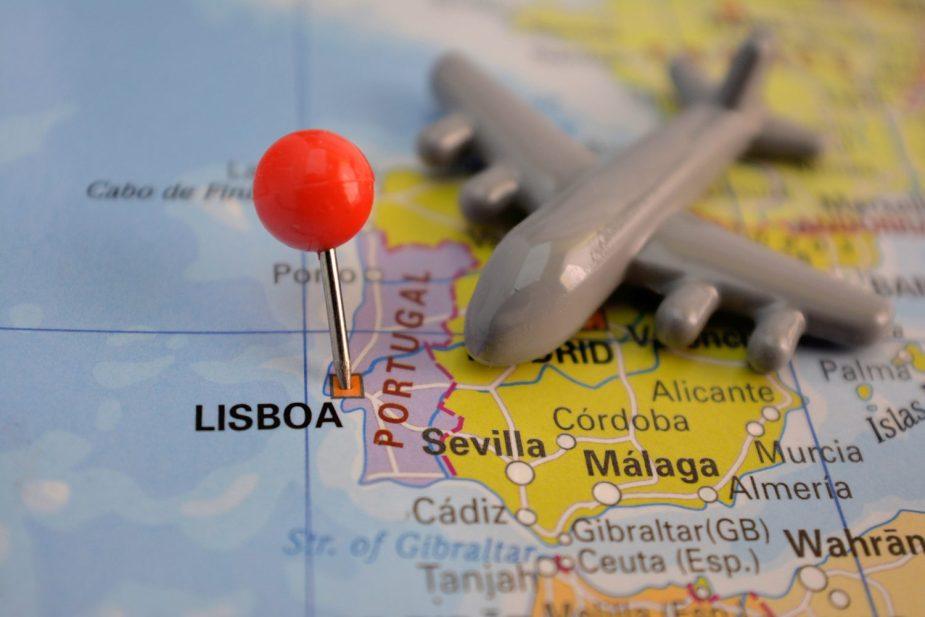
More and more people are interested in moving to Portugal - one of the sunniest, most pleasant to live in and affordable countries of the European Union. The state, located on the ocean coast, is characterized by economic and political stability, membership in a number of major world associations, as well as a loyal migration policy. It is possible to move here through the opening of residence permits, for example, for startup entrepreneurs, large investors, highly qualified professionals or family members of local residents.
Emigration from your home country to Portugal is suitable for those who have a reason to open residency. You can approve a residence permit in case of law-abiding behavior, availability of a place to live in the state, sufficient financial security, registration of medical insurance and absence of criminal records. The Portuguese Republic is a member of the European Union, so with an immigration-type residence permit there are chances to get a permanent residence and EU citizenship.
The easiest way to move to Portugal is for those who have a passport from any other EU country. You also have a good chance of obtaining EU citizenship under a simplified procedure, which takes from 4 to 12 months with the help of Immigrantinlaw lawyers. You can find out the details during a free consultation.
According to the reviews of immigrants on thematic forums, moving to Portugal for permanent residence - in general, an excellent decision. The Republic is among the top 30 most comfortable countries in the world for living, according to Numbeo, with an individual rating of 169 points out of 200 possible. The high score is explained by a sufficient index of purchasing power of the population, developed health care system, low crime rate, excellent climatic conditions. Foreigners like the following:
The main disadvantage of immigration in Portugal is low salaries. The average income in the country is 1600 EUR, the minimum income is 820 EUR. Residents pay from 13 to 48% of their salary in taxes, depending on its size (the rate is calculated on a progressive scale). For example, from the income of 20 000 EUR per year it is necessary to pay 25% to the state treasury. In addition, the country has a rather high unemployment rate - 6.1%.
When calculating how much money you need to move to Portugal, you should pay special attention to the housing issue. Renting an apartment on average starts from 700-900 EUR for a one-bedroom apartment. The price per square meter when buying real estate is 2500-3500 EUR. Here you can most often see financially secure emigrants who work remotely, receive dividends from business or have alternative sources of income, without employment in the republic.
Submit an application form and we'll get back to you!
Compared to other EU countries, the Portuguese Republic has a quite loyal migration policy and allows foreigners to move on a number of different grounds. Below we tell you about the most popular of them.
A viable relocation scheme includes getting a long-term job with a Portuguese company. As in other EU countries, you can only find employment in the Republic if the vacancy is not occupied by EU citizens. Immigration is also possible for:
Popular ways to migrate to Portugal include investing in its economy. A minimum of 250,000 EUR will be needed, which should be given to maintain/restore the country's cultural heritage. It is possible to invest half a million EUR in:
Without being tied to the amount, the investment visa is granted if you create ten or more new full-time Portuguese jobs. This residence permit has its advantages, for example you can come to the country for only 7 days during the year (e.g., on vacation) so it will not be revoked.
It is possible to immigrate to Portugal through studying at a local university. The same right is available to participants in international student exchange programs. You can also move if you are already studying in one of the universities of the European Union and enjoy the right of mobility within the association. It is important to pay the tuition fees before opening a residence permit. For students who are under eighteen years of age, parental permission to immigrate is required.
Business immigration to Portugal is possible if you open a company in the Republic or if you will be self-employed. If your profession is one of the regulated professions in the country (e.g., you are a doctor), you will need to obtain a separate work permit. For businessmen, the size of the initial investment in the company or the scope of employment is not regulated by law.
Portugal also supports startup entrepreneurs, including foreigners. You can submit your business idea to the Agency for Competitiveness and Innovation. If the relevant organization approves your plan, you also request financial support from special organizations such as venture capital funds and business angels, and then you can get a residence permit.
Popular immigration programs in Portugal include financial independence. The move is relevant if you have a stable income, which you receive outside the republic, for example, as an IT freelancer in a foreign company or the owner of real estate for rent. Sufficient security starts from 820 EUR per month (minimum wage in the country). You will not be able to work with this type of residence permit in the Republic.
You can move to Portugal to reunite with your family. You may be invited to join your husband or wife, a minor child or a parent who needs your care. The program is relevant for close relatives of holders of residence permit, residence permit or passport of the Republic. The inviting party must accommodate you in their own or rented apartment and have enough finances to live together (the calculation is based on the minimum wage).
The EU now actively supports the relocation of highly qualified foreigners whose activities can bring economic benefits to the association. You will obtain residency in Portugal if you sign a contract with a local company for at least 6 months and will earn from 1.2-1.5 average income for the relevant profession in the state. You need to prove your high qualification by means of a diploma, as well as confirm your work experience in the chosen industry.
You can immigrate to Portugal under refugee status, which is granted under the Geneva Convention of July 28, 1951. You can be granted asylum if you can prove that you are persecuted and threatened in your home country, e.g., because of your race, nationality, LGBT status. The migration service also considers other situations, for example if there is a war in the immigrant's country or if the immigrant has been sentenced to death. Those who have suffered from human trafficking or other types of violence may be approved to move.
Citizens of the European Union have the right to reside in Portugal without additional requirements and time restrictions. You will not have to look for a reason to open a residence permit, and you can immigrate as a family. Immigrantinlaw's specialized lawyers can help you find the best way to quickly obtain a second passport to the EU without living in a country with a residence permit, passing an integration test and demonstrating your income level.
If you are planning to move to Portugal, you will need:
You can reduce the duration of the process of immigration to Portugal with the help of Immigrantinlaw migration lawyers. Specialists will offer the shortest and easiest way to move to the EU country.
Get more information about the peculiarities of immigration to the EU at a free consultation
Starting in 2025, Portugal updated its rules for obtaining permanent residence (PR): the conditions for the Golden Visa were reformed, income thresholds for residence permits were raised, residence periods were clarified, and new requirements for integration and document legalization were introduced.
The 2025 reforms have made permanent residence in Portugal stricter and more integration-focused, with higher thresholds for income, residence, and documentation, particularly after the Golden Visa reform and the introduction of new naturalization requirements.
In the top of the best cities to live in Portugal, Lisbon is traditionally the leader. More than half a million residents live in the capital, so the infrastructure is well developed here. There are many promising vacancies in the labor market. The average salary is 1300 EUR per month. You can develop business in the sphere of services and tourism, shipping and shipbuilding industry, areas related to the activity of the largest port of the country. One person in Lisbon needs about 750 EUR to live per month, and separately from 900-1000 EUR is necessary to rent an apartment.
Porto is the second largest Portuguese city by area and number of inhabitants, located in the northern region. It is regularly included in the list of Globalization and World Cities, i.e., the most developed and promising cities of the planet, as it plays an important role in the republican economy. Salaries and prices of living here are the same as in Lisbon, and real estate is slightly cheaper. The financial, banking and IT sectors are actively developing in Porto, and there are interesting job offers in light industry (including winemaking) and marketing.
The rest of Portugal's cities are small, with up to 100,000-150,000 inhabitants. If you want to move to a quiet province with clean ecology and beautiful natural views, you can consider Funchal, Braga or Vila Nova di Gaia. Real estate rent here is inexpensive - on average from 600-700 EUR for a one-bedroom apartment. However, employment can be difficult: unemployment is growing in the regions. It is better to live here for freelancers, businessmen, those who have passive income (for example, wealthy pensioners).
Moving to Portugal can be a step towards a successful life in a developed EU country with new personal and financial prospects. Immigrantinlaw's international law specialists will help you choose the best immigration program without long waiting time and large investments. A specialized lawyer will accompany you step-by-step up to the receipt of European documents, which guarantees a positive result. You can start acting today by making an appointment for a free consultation.
Submit an application form and we'll get back to you!
Obtaining Austrian Residence Permit for Foreigners
30 December
A residence permit in Austria is a document that is issued to those who plan to stay in the country...
Permanent Residency in Luxembourg: How to Move and Start a New Life
28 February
Permanent residence permit in Luxembourg is an indefinite resident status granted to those who have spent 5 years or more...
Malta Permanent Residence: How to Relocate and Start a New Life
10 March
Maltese residence permit is a permanent resident card, with which you can stay on the island without time restrictions and...
Immigration to Finland for Permanent Residence
24 May
Permanent residence in Finland is a status of an inhabitant of the state, which is granted indefinitely after the period...
Obtaining EU Residence Permit for Foreigners
3 December
Temporary residence in the EU is the presence of a permit for temporary residence in any of the union states....
Obtaining Czech Residence Permit for Foreigners
5 June
A residence permit in the Czech Republic is issued to foreigners for long-term residence (more than three months) in accordance...
Discover
new opportunities
with a European Union passport!
Submit the application form and we will call you back!
Leave a request
Contacts